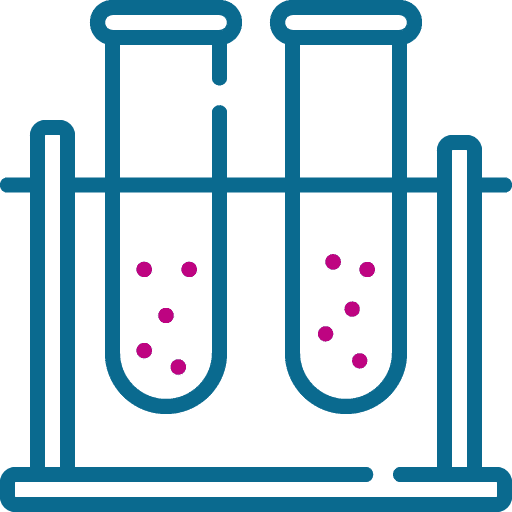Glucose
The test is needed to monitor people for diabetes mellitus, elevated glucose levels (hyperglycaemia) or reduced glucose levels (hypoglycaemia).

Who needs a glucose test?
Blood glucose levels are tested to check that they are within normal limits. The test is needed to monitor people for diabetes mellitus, elevated glucose levels (hyperglycaemia) or reduced glucose levels (hypoglycaemia).
When should I be tested?
The study should be carried out on people of all ages. Greater emphasis on this test (glucose) is needed for people over 45 years of age. or who are at increased risk of developing diabetes, as well as pregnant women. Glucose testing is recommended if at least one of the following factors is present:
1. obesity or overweight, low physical activity;
2. family history of diabetes (parents or siblings);
3. gestational diabetes or a child weighing more than 4 kg;
4. polycystic ovary syndrome;
5. high blood pressure or taking medication for high blood pressure;
6. low HDL cholesterol (less than 1.03 mmol/l) and/or high triacylglycerols (more than 2.82 mmol/l);
7. a glycosylated haemoglobin (HbA1c) value greater than 5.7%;
8. impaired glucose tolerance diagnosed by previous tests;
9. history of cardiovascular disease.
If the initial results are normal, it is recommended to repeat the test at least once every three years. Patients with diabetes can be monitored with annual tests.
What sample is needed for the test?
Blood is drawn from a vein in the arm.
How to prepare for the survey?
Refrain from eating for at least 8 hours before the sample is taken. You can only drink water.
What do my results mean?
High blood glucose levels usually mean diabetes mellitus, but can also be a consequence of other clinical situations.
If a person with symptoms of diabetes or hyperglycaemia has a fasting blood glucose level of more than 11.1 mmol/l in a random sample, this indicates diabetes.
Glucose depletion (hypoglycaemia) is less commonly observed, with symptoms such as sweating, palpitations, hunger, seizures and sometimes coma.
Related studies
Glucose tolerance test, glycosylated haemoglobin HbA1c, insulin, C peptide
Related conditions/diseases.
Diabetes mellitus, metabolic syndrome
You can consult our family doctors.



